Description
Film development is on hold until further notice! Sorry 🙁
Development and processing for a single roll of black-and-white film (zwart-wit film). Developing old Kodachrome as negative is also possible!
Sample images are Coolscan scans of Eastman Double-X developed in 510-Pyro, Analog Amsterdam NOW100 developed in Rodinal 1+50 and Eastman Double-X shot at 800 ISO, pushed 2 stops in D-96.
See the FAQ for info on scans, chemistry, shipping etcetera!
Choose your developer
- HC-110 is the industry standard for black-and-white film development, along with D-76. Both of them are midway between Rodinal and D-23.
- Rodinal is the oldest developer that’s still being made. It gives you the classic Rodinal look: high edge acutance (so high perceived sharpness), but also more visible and larger grain. (It’s my favourite developer for 120 film).
- FX-55 is sometimes called “the last of the great film developers”. It has high edge acutance like Rodinal, but the grain size is a lot smaller. It’s the best of both worlds between Rodinal and XTOL.
- D-96 is the standard developer for cine stocks (Double-X 5222, Cinestill bwXX, Orwo UN54, Ferrania P30, etcetera). It produces a slightly lower contrast negative but retains an amazing amount of detail, especially in the shadows.
- D-23 is a developer with strong compensating characteristics. It dissolves grain for a very finely grained negative, but this comes at a cost of reduced sharpness.
By default I dilute Rodinal 1+25, HC-110 as Dilution B and FX-55 1+9. All the other developers are used stock.
Notes
- Please add a note with your order number to your parcel.
- If you’re shipping films with plastic canisters as a mailbox parcel, make sure to leave the cap off, otherwise they won’t fit through the mail slot!
- If you’re into cinefilms, Analog Amsterdam sells Double-X, which happens to be my personal favourite black-and-white film.
- And, if you want to get those sweet cine negatives at home, I also sell D-96 chemistry kits!
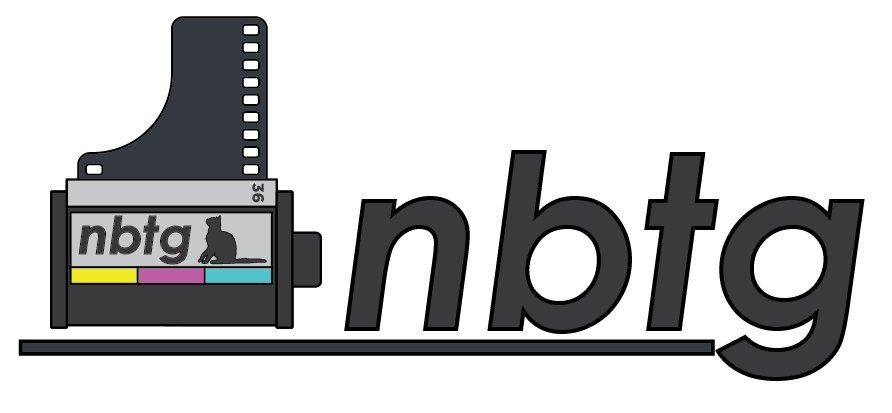
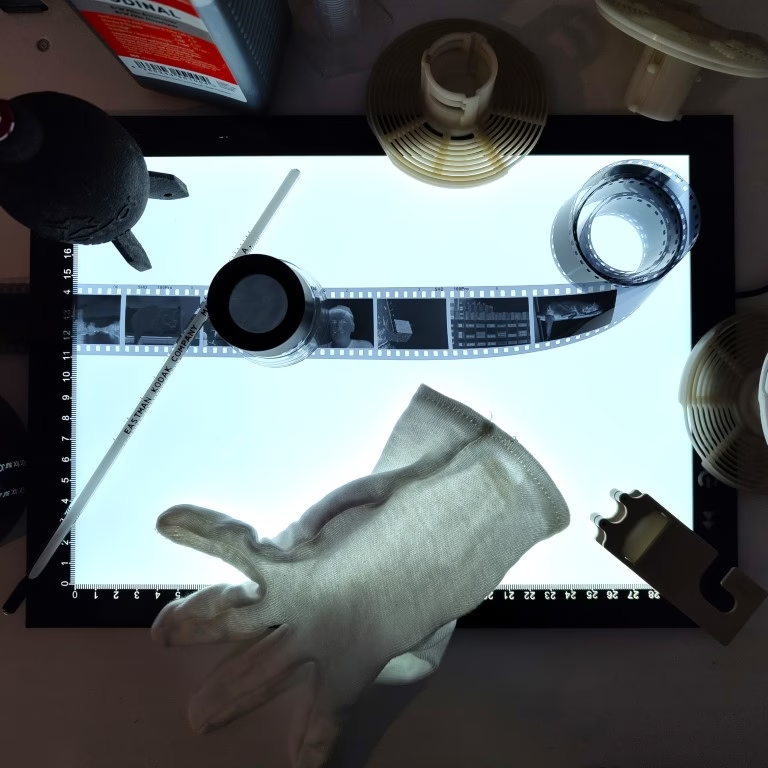


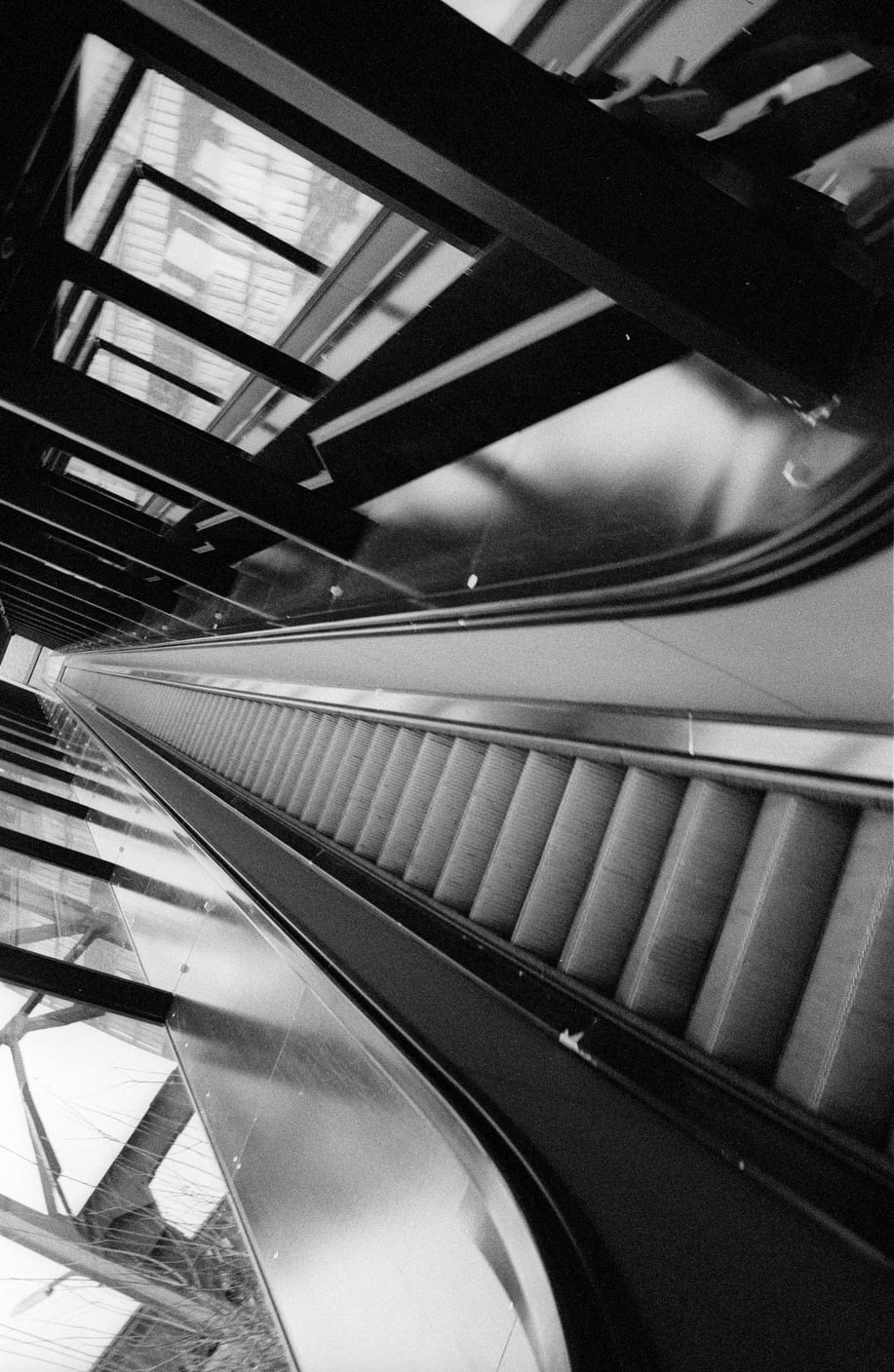
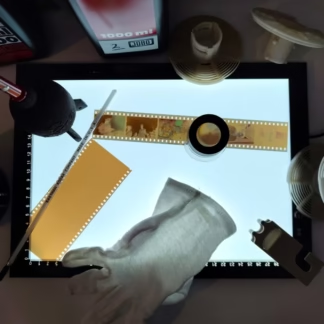
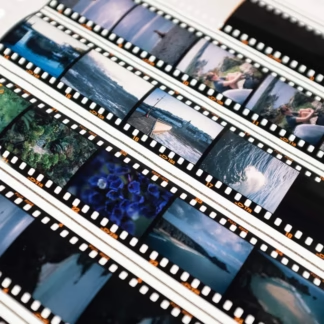
Reviews
There are no reviews yet.